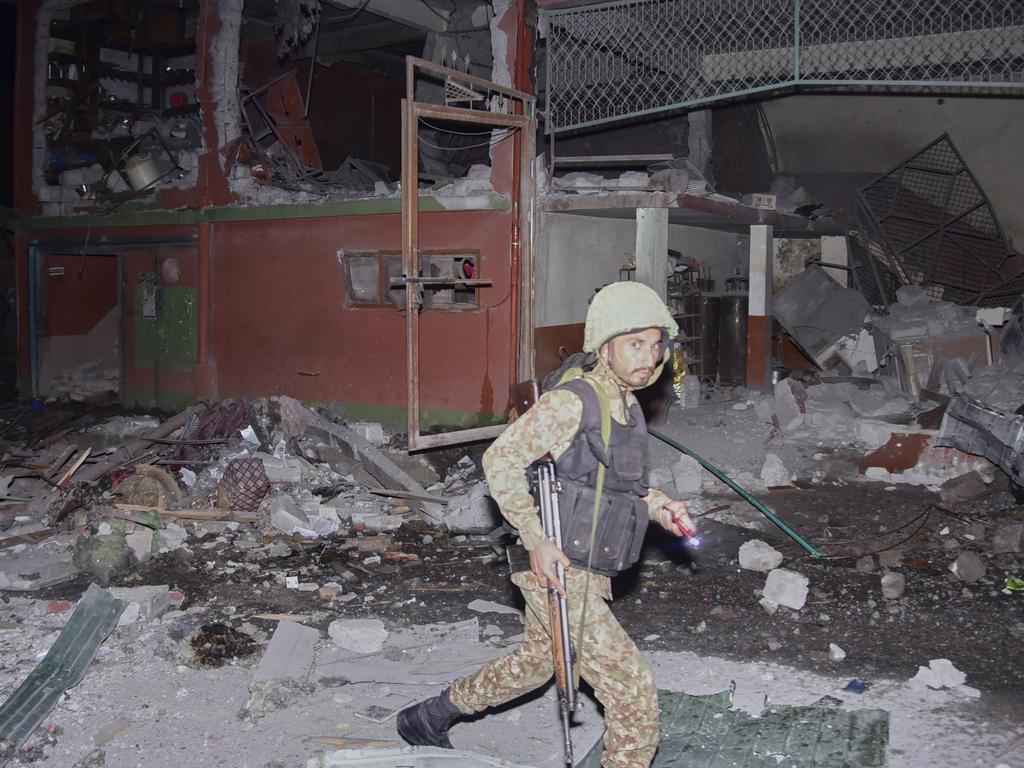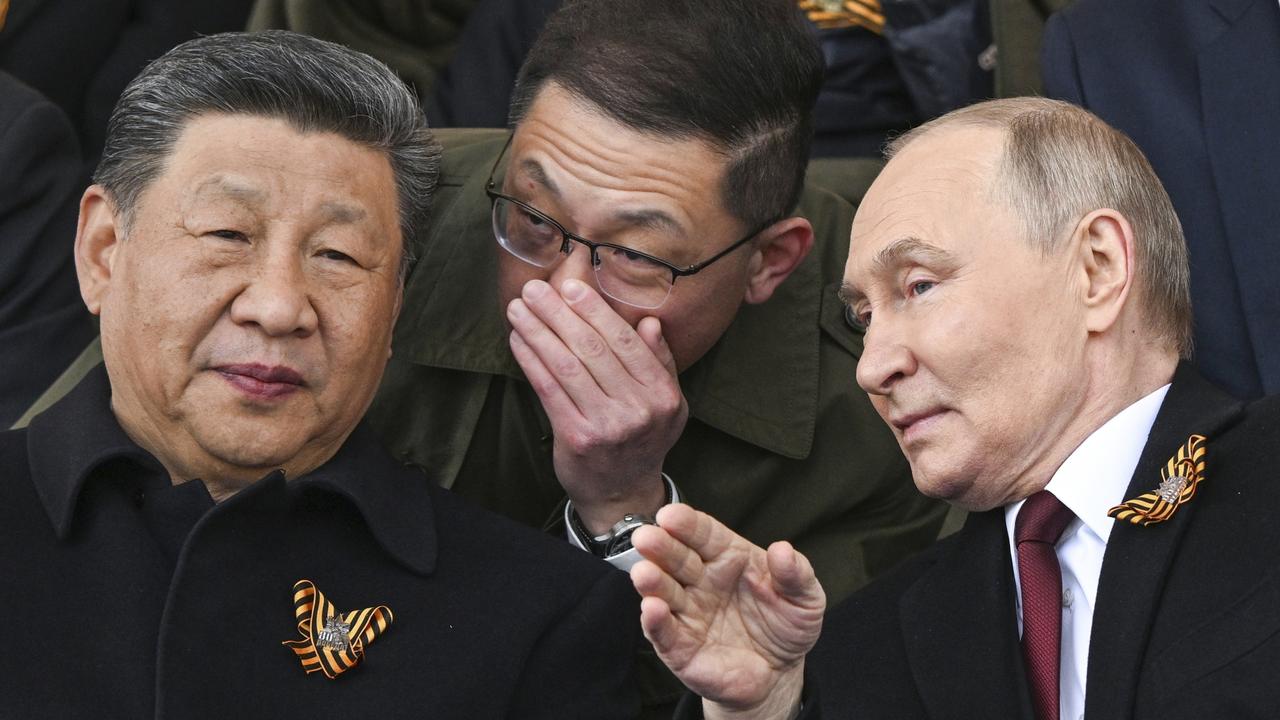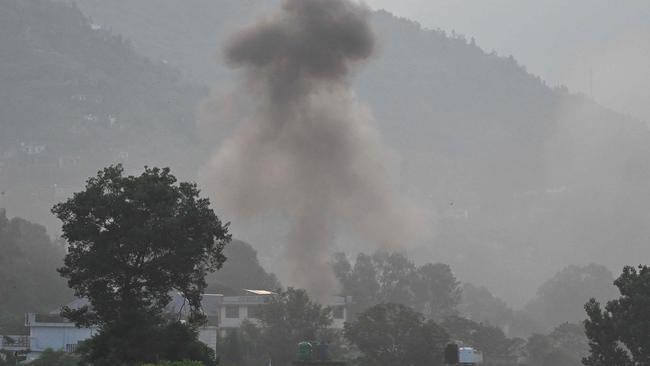
We will know in coming days whether India’s nine strikes early on Wednesday on what it called terrorist infrastructure in Pakistan really did constitute what Islamabad says is an “act of war” that pushes these nuclear-armed neighbours into a potentially catastrophic conflict.
Within hours of India’s precision attacks on non-military targets in Pakistan and Pakistani Kashmir, Islamabad had retaliated with airstrikes, claiming to hit Indian security posts on the disputed Himalayan Line of Control.
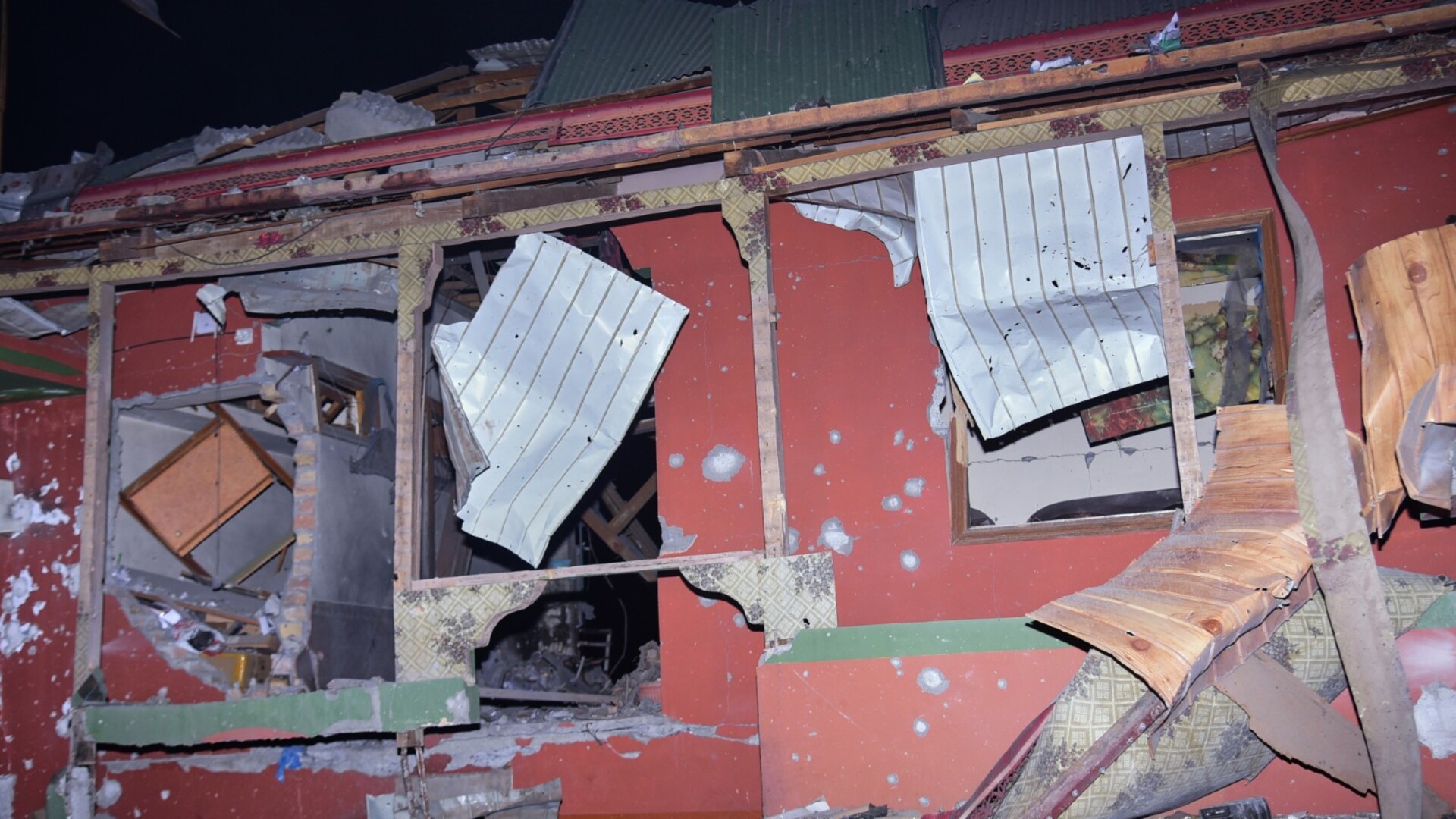
It later claimed also to have downed five Indian fighter jets – just as it did the previous time these nations came to blows over Kashmir, in 2019.
Notwithstanding the global anxiety these attacks will spark – and attempts by the UN and the US to de-escalate tensions in the days after a deadly terror attack on Indian Kashmir in April – there was little anyone could have done to prevent this tit-for-tat exchange.
The biggest question now is whether these limited strikes were a performative show of force by both sides to satisfy their domestic constituents or the start of something significantly more dangerous.
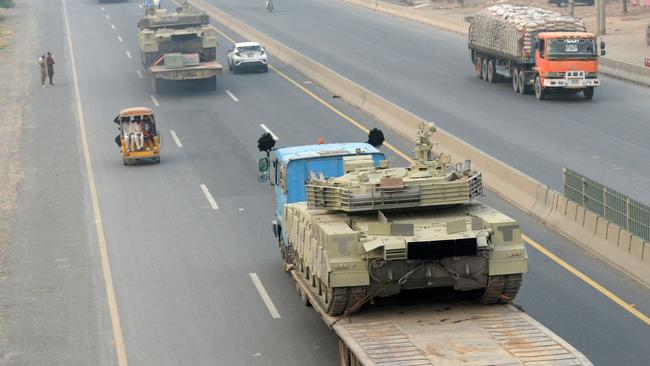
India’s strike on Pakistan became inevitable the moment terrorist gunmen emerged from a thickly forested area near one of the nation’s most beloved tourist spots in mountainous Indian Kashmir in April and murdered 26 people, almost all of them Hindus.
New Delhi claims Pakistan was behind the attacks but has provided scant evidence of that, or any definitive proof that the gunmen were sponsored by Pakistani terror groups, as was the case with the deadliest terror attack on Indian soil in Mumbai in November 2008.
Islamabad has denied any involvement in the April 22 Pahalgam massacre, as it is now known, and repeatedly called for an independent investigation into the attack.
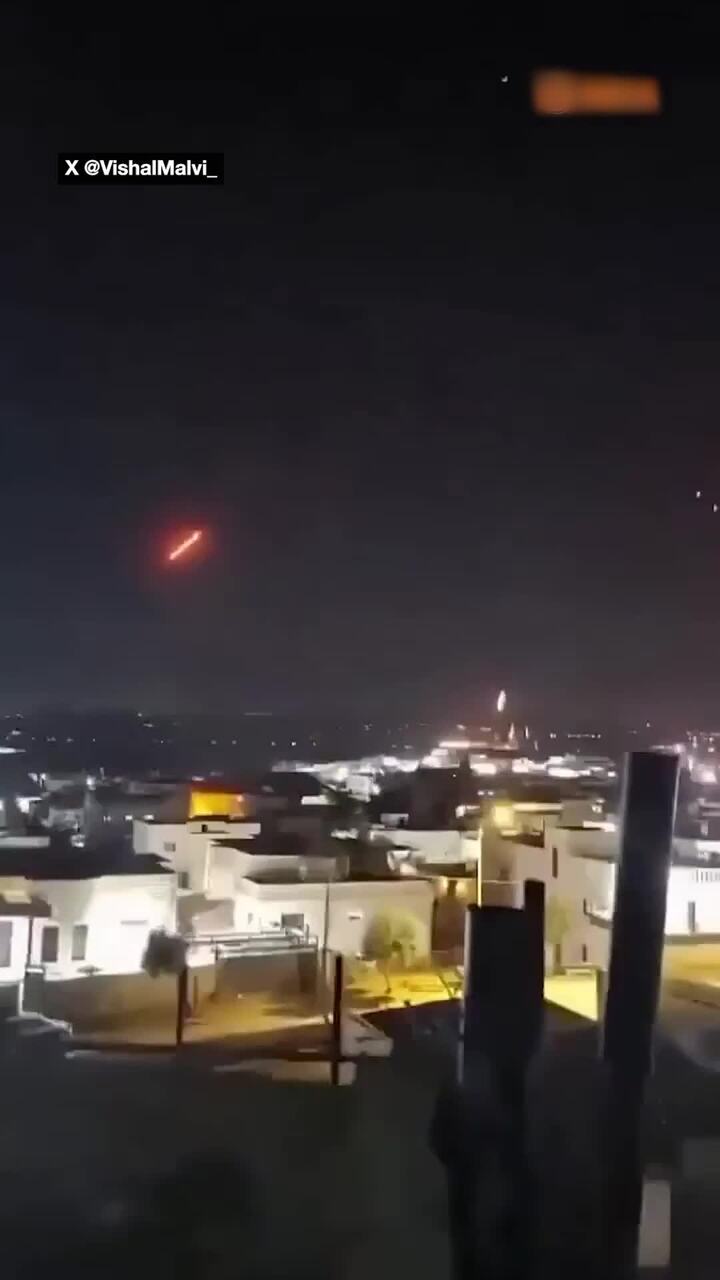
But just as India tends to sees Pakistan’s hand in every nefarious act, Islamabad has long played a duplicitous game of expressing support for counter-terrorism while allowing elements of its deep state security establishment to aid proxy militants on its shared and restless Kashmiri border.
There is precious little trust between these two hostile neighbours, who represent a unique global threat as the only nuclear-armed rivals to share a border and a history of fighting limited wars against each other.
But neither side wants – or can afford – a full-blown conflict.
India already has launched a string of retaliatory actions against Pakistan, the most inflammatory before Wednesday being its decision to suspend the Indus water sharing treaty between the nations.
It also may have begun a series of more covert actions, with Pakistan blaming New Delhi for sponsoring a terror strike by Baloch separatists that killed seven Pakistani soldiers on Tuesday.
But covert actions by their nature cannot satisfy the Indian public’s lust for revenge. That requires an overt response, which the military claimed to have delivered on Wednesday morning by declaring in a social media post in the wake of the airstrikes: “Justice is served.”
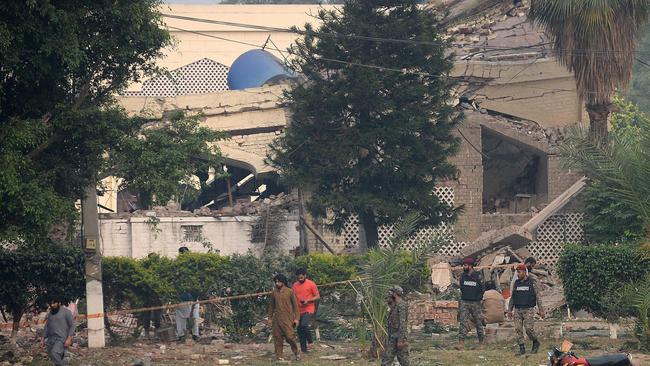
India’s Operation Sindoor, named after the vermilion powder used in Indian weddings, hit infrastructure “from where terrorist attacks against India have been planned and directed”, its defence ministry said in a statement. “Our actions have been focused, measured and non-escalatory in nature. No Pakistani military facilities have been targeted. India has demonstrated considerable restraint in selection of targets and method of execution.”
Islamabad says that is a lie and has invited international media to see the ruins of the civilian targets that India hit. It has vowed to answer India’s strikes at a time and manner of its choosing.
The Modi government is treading the finest of lines between satisfying the public need for retaliation over Pahalgam while avoiding all-out war. It will be hoping its decision to limit its strikes to non-military targets will prevent major escalation and trigger the external diplomatic pressure now desperately needed to help lower broiling temperatures.
Both countries know full well that Wednesday’s strikes represent an escalation by India on its 2019 single retaliatory response to a deadly suicide bomb attack on Indian soldiers in Kashmir. The critical test will be how Pakistan chooses to respond and whether its claim to have hit Indian military targets prompts further retaliation.
“If India were to engage in further strikes, we would be in territory we have not seen in several decades, and obviously with both countries having nuclear weapons the stakes are even higher,” veteran South Asia analyst Michael Kugelman said.
“It has been a while since they have been at the point they are now, with India’s robust campaign prompting a Pakistani robust response. If it goes further than that you are climbing the escalation ladder and the higher you go, the closer you get to nuclear escalation risks.”


